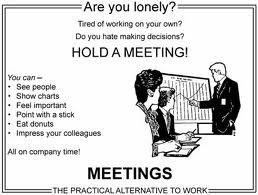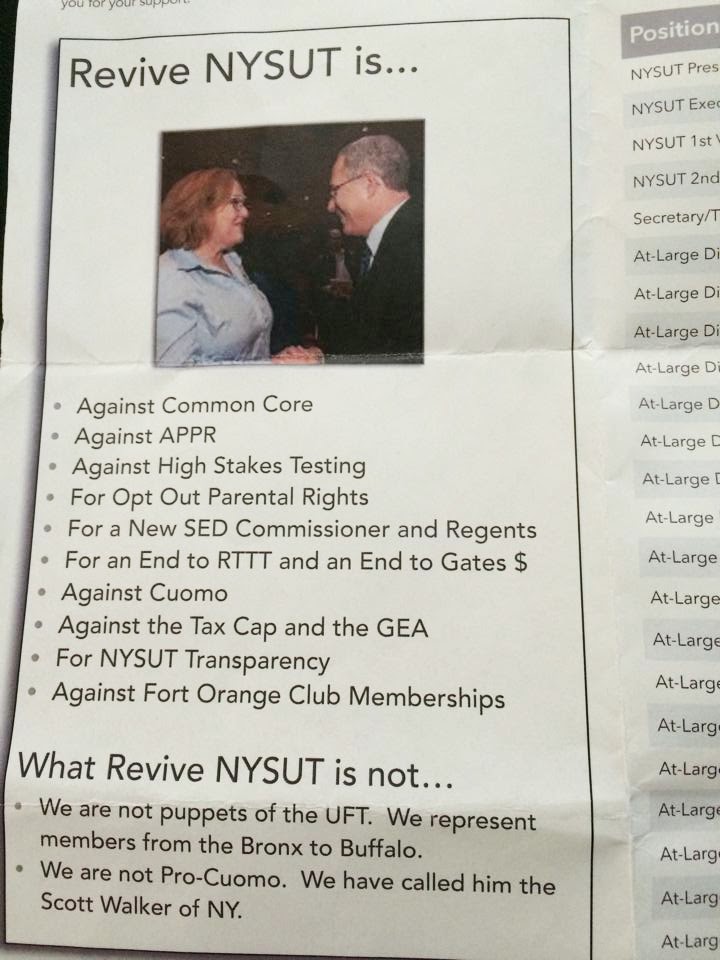Tuesday shall be utilized first and foremost for preparation of the classroom and for the arrival of students. If time permits, the remainder of the day may be utilized for professional development.
So if you're fortunate enough to have your own classroom, which I don't believe I've had for thirty years, here's your chance. And then you can sit through PD and learn why being late is bad, why you should fail students who are late, and finally why you should not fail any students at all under any circumstances whatsoever.
Of course there will be op-eds galore about the perfidy of teachers, about how we can't be fired no matter how lazy we are, and about how we are failing. The only thing that can save our children are charter schools, vouchers, tax credits, TDA teachers, right to work laws, Common Core, DVDs rather than live teachers, and whatever else comes out of the opium pipe of Bill Gates, who has tons of money and therefore knows better than anyone about everything.
Now I may have a cross word or two for those people and things from time to time. But that's not why I keep going back. And that's not why you should keep going back either. Forget all those people who say we need to serve kids rather than teachers. Those people don't give a golly gosh darn about the kids we see every day. If they did, they'd attack poverty rather than teachers. They wouldn't battle for schools where kids pee their pants because they can't possibly subtract one minute from test prep. They wouldn't offer bounties to people to rebuke brilliant John Oliver when he shows charters for what they really are.
They're right, though, that someone has to put children first. If you think that someone is Bill Gates, though, I've got a bridge to sell you. Gates sends his kids to private school, where they aren't subject to all the nonsense he insists on for ours. So do a whole lot of other prominent reformies, like Duncan, King, Bloomberg, Rhee, Cuomo, up to and including President Barack Obama.
Meanwhile, someone has to look after America's children. Someone has to guild them and model for them. Someone has to show them there is a way to move through red tape, to live and thrive in these United States of America. Until someone shows me differently, that someone is us. We're still doing the most important job there is, save perhaps medical personnel.
We need to wake up focused. We can fight the reformies. We can speak truth to their nonsense, and we will. That's just one aspect of our job. Meanwhile, someone has to actually guide and help these kids. It's not gonna be Bill Gates, Joel Klein, or Arne Duncan.
It's gonna be you, and it's gonna be me. I'm very proud to be a teacher, and I'm very proud to fight for a world in which the kids I serve can find happiness and thrive. Have a great week back.
That'll show the bastards.


























